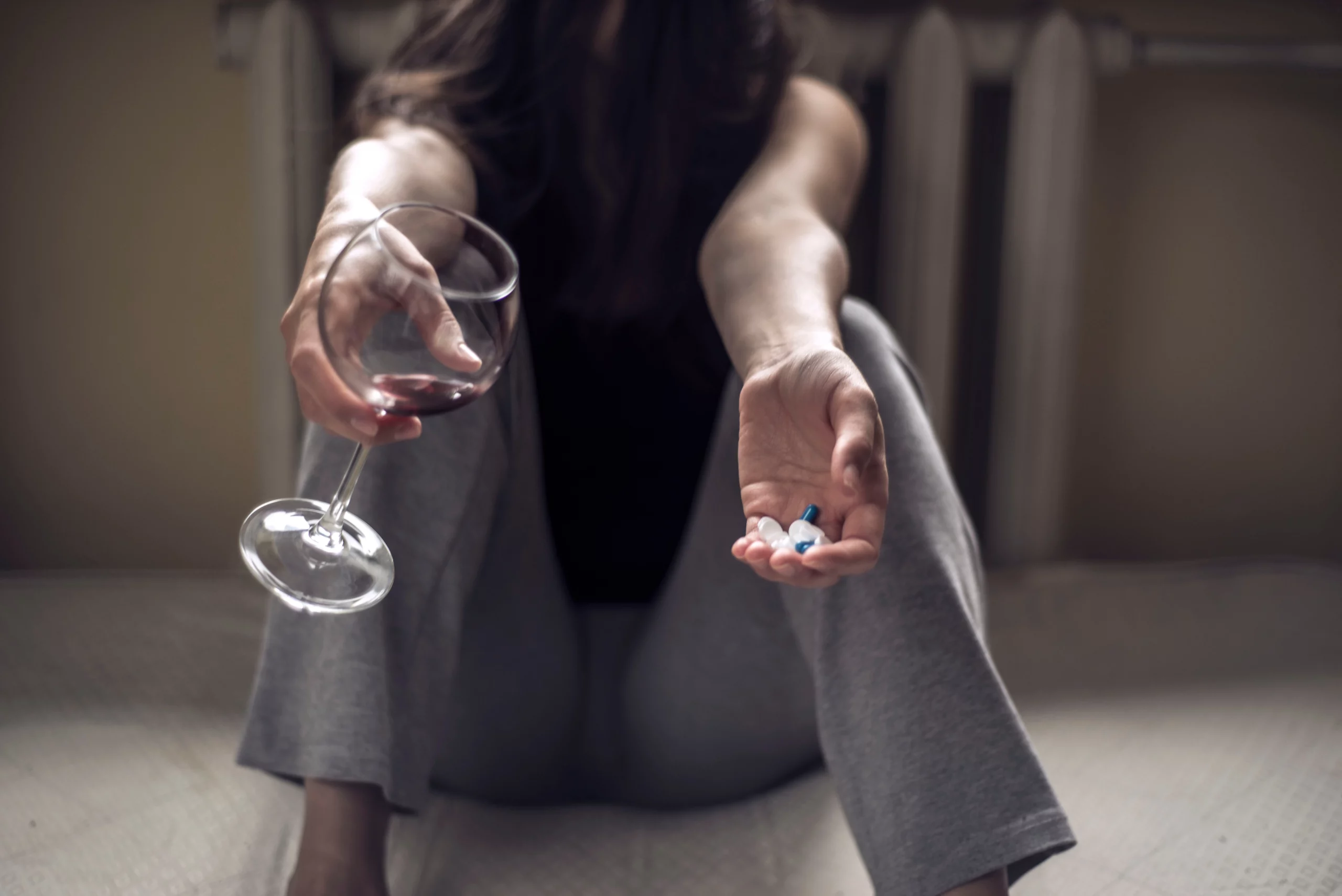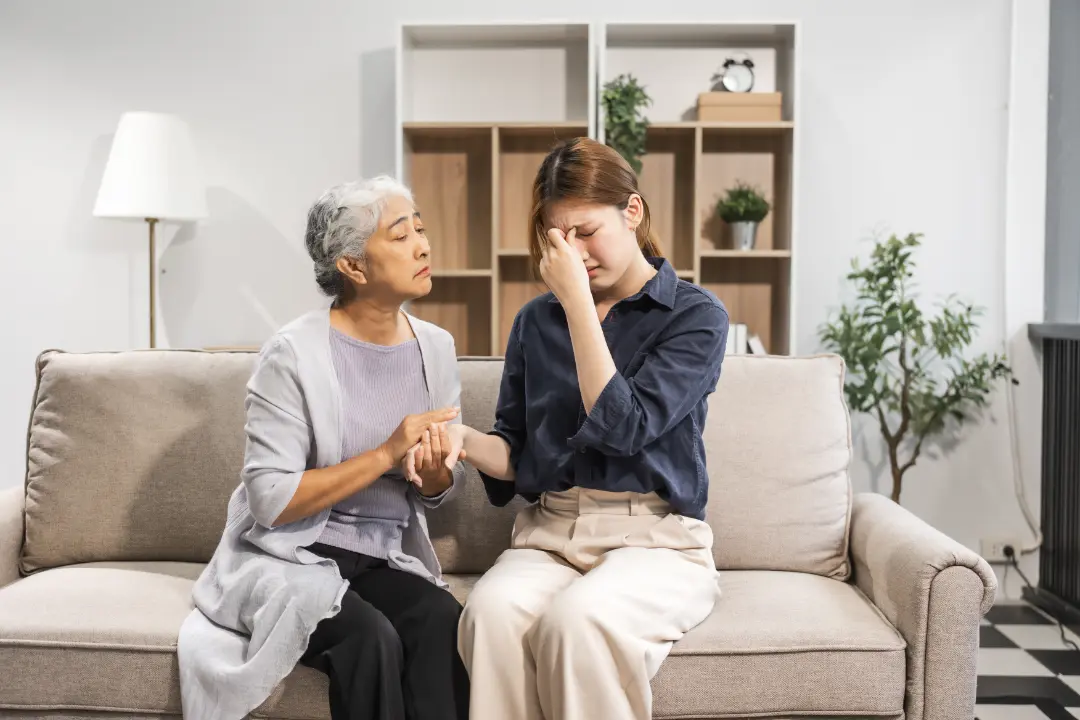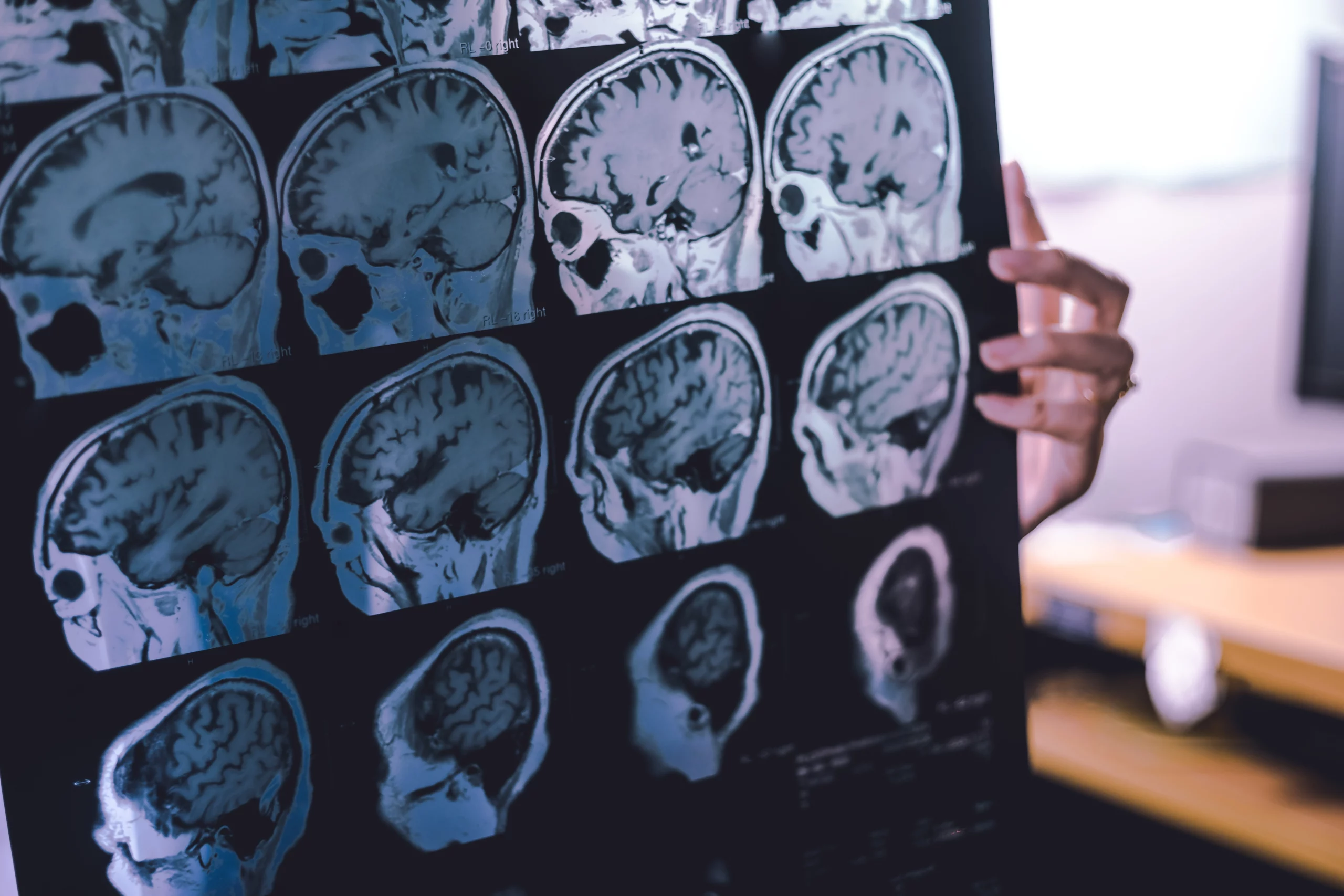Understanding the Dangers of Mixing Opioids and Alcohol
Mixing opioids and alcohol can lead to severe health risks, including respiratory depression, coma, and even death. The combination enhances the sedative effects of both substances, which can impair cognitive and motor functions, increasing the likelihood of accidents and overdose.
Research indicates that individuals who consume alcohol while taking opioids are at a significantly higher risk for adverse effects. For instance, a study published in the Journal of Pain Research found that patients using both substances reported increased sedation and cognitive impairment compared to those using opioids alone.
Recognizing the Signs of Substance Misuse
Identifying substance misuse is crucial for timely intervention and treatment. Common signs include changes in behavior, neglecting responsibilities, and physical symptoms such as weight loss or changes in sleep patterns. Early recognition can facilitate access to necessary support and resources.
For example, friends and family may notice increased secrecy, withdrawal from social activities, or financial issues due to spending on substances. Understanding these signs can empower loved ones to encourage individuals to seek help before the situation escalates.
Effective Strategies for Overcoming Addiction
Overcoming addiction requires a multifaceted approach that includes medical treatment, therapy, and support groups. Evidence-based methods such as Cognitive Behavioral Therapy (CBT) and medication-assisted treatment (MAT) have proven effective in helping individuals regain control over their lives.
Support groups like Alcoholics Anonymous (AA) and Narcotics Anonymous (NA) provide community and accountability, which are vital for long-term recovery. Combining these strategies can significantly improve success rates, helping individuals navigate the challenges of addiction recovery.
Resources for Families Affected by Addiction
Families dealing with addiction often face emotional and logistical challenges. Resources such as family therapy, educational workshops, and support groups can help families understand addiction and learn how to support their loved ones effectively.
Organizations like Al-Anon offer support specifically for families of individuals struggling with addiction, providing a safe space to share experiences and coping strategies. Accessing these resources can foster healing and strengthen family bonds during difficult times.










